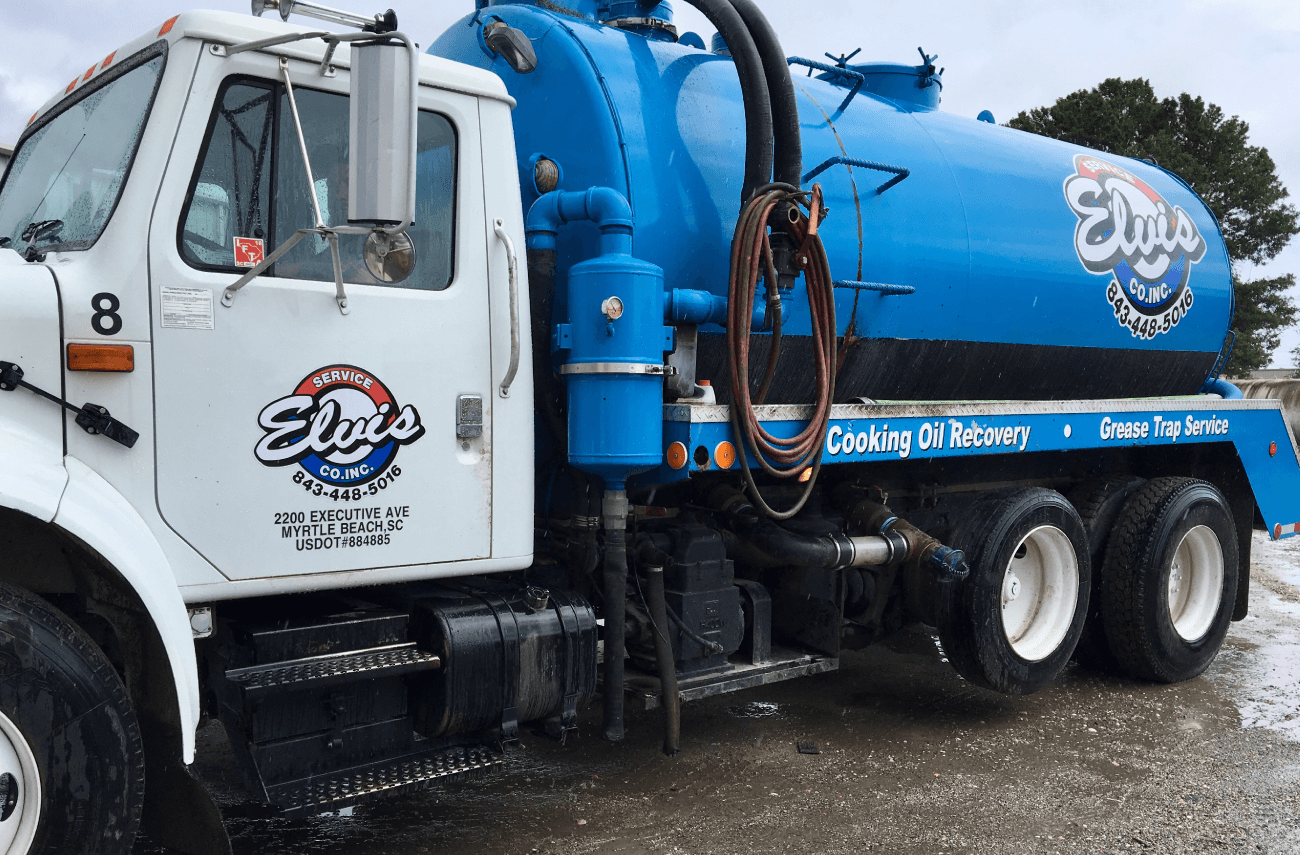
21 Aug The Importance Of Recycling Restaurant Grease
The Importance Of Recycling Restaurant Grease
Americans produce more than 2.5 billion gallons of used cooking oil each year. That amount of utilized oil calls for unique and efficient disposal methods. In commercial kitchens, the need for fryer oil recycling is even greater. Just as with cooking at home, pouring the grease down the drain in a commercial kitchen can create plumbing challenges, sewer blockages and groundwater contamination.
Recycling restaurant grease adds a number of benefits to the business and the local community. Fryer oil disposal should be considered an environmental decision, with restaurant owners considering the benefits of recycling grease rather than tossing it into the sink or garbage.
- Prevents Sewer Cleanup Costs: When a restaurant’s fryer oil disposal method is to pour the grease down an industrial sink, sewer system issues are imminent. The cooking oil will harden inside the pipes, restricting the flow of and disposal of unsanitary water, wastes, and creating foul odors. If left untreated, the clogged pipes will eventually create a major sewer backup, calling for extensive work to clean the overflow, and clear or replace the pipes.
- Creates More Sustainable Environment: Fryer oil recycling serves as a renewable energy source. When restaurants recycle grease, our planet becomes a more sustainable place to live. The grease from restaurant kitchens can be recycled into diesel fuel and biodiesel. The process not only eliminates harmful wastes, but it evolves into energy that powers diesel engines and can even be used to heat homes.
- Protects From Climate Change: When fryer oil disposal is done in an eco-friendly way, greenhouse gas emissions are reduced, helping prevent climate change for future generations. Biodiesel fuel created from recycled grease is less harmful to the environment and more cost-effective than other methods of creating biodiesel.
- Boosts Economy: Fryer oil recycling has a direct effect on local and national economies. Jobs are supported through biodiesel production, and the eco-friendly fuel can be used in public transportation options and other vehicles and machinery that support the work force and those in it.
Commercial Kitchen Grease Trap Cleaning
Cleaning a commercial kitchen grease trap is a time-consuming, messy job and one that should be done by a professional. Cleaning services that offer commercial kitchen grease trap cleaning will dispose of the grease in a regulated way.
The grease traps should be cleaned every 4-6 weeks. Failure to clean the kitchen grease trap could cause the waste to seep into the sanitary sewer or septic system. If a restaurant kitchen suffers a grease blockage, the restaurant could be shut down for days to complete the sanitizing process.
Recycling the restaurant grease that comes from the commercial kitchen grease trap will reduce landfill waste and prevent grease from damaging sanitary sewers and polluting local water sources.


Oscar Morrison
Posted at 20:00h, 30 DecemberI appreciate knowing why it’s important to recycle restaurant grease. My wife and I are thinking of starting a small restaurant together next year with our savings. We’ll have to look into what it would take to recycle the grease we’d use.